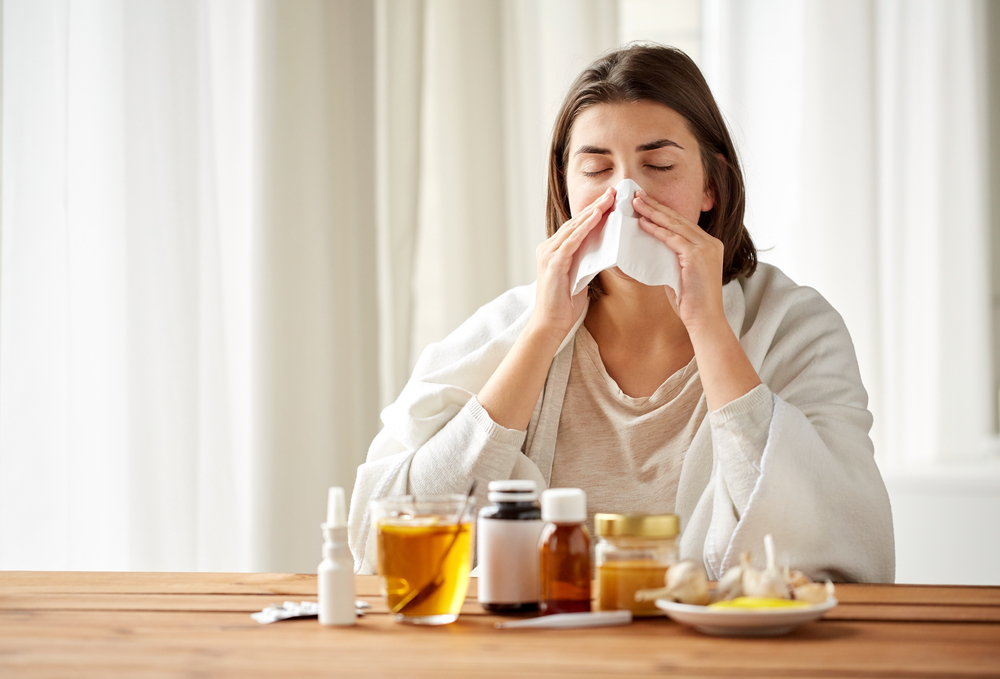 We’ve all heard that you should get your annual flu shot, however less than half of those eligible get immunized. For those of us who are generally healthy with a normal immune system, the flu is just an inconvenience that we may or may not get. So what’s the urgency in getting vaccinated? By getting the flu shot, you could potentially save someone else’s life.
We’ve all heard that you should get your annual flu shot, however less than half of those eligible get immunized. For those of us who are generally healthy with a normal immune system, the flu is just an inconvenience that we may or may not get. So what’s the urgency in getting vaccinated? By getting the flu shot, you could potentially save someone else’s life.
The term “community immunity” is what immunologists refer to when the majority of a population is vaccinated against a specific illness, thereby reducing the entire community’s risk. This means that the more people who are vaccinated – in this case, against influenza – the less the risk of everyone’s chance of exposure to the illness.
Influenza spreads very easily as it “is transmitted person to person via respiratory droplet,” said Patricia Slokovitz, MSN, RN, ANP-C, meaning it spreads through coughing, sneezing or even talking. If you have the virus, you can infect others a day before you show any symptoms yourself, and up to a week after symptoms appear. According to the Centers for Disease Control and Prevention (CDC), since 2010, between 9.2 million and 35.6 million people have had the flu in the United States each year. That means that in a bad flu season, more than one in every 10 people in the U.S. might get the flu and many of those people could end up in the hospital. In 2014, more than 57,000 people died of influenza and pneumonia, making it the eighth most common cause of death behind diabetes and the only cause of death in the top 10 listed that could be significantly reduced by getting vaccinated.
Because the flu is so common, we tend to minimize its importance and ignore its danger. Most hospitalizations and deaths resulting from flu occur among children under five and in adults 65 years of age and older. However, much of this is preventable. The CDC estimated that in the 2015-2016 flu season, the flu shot prevented more than five million cases of the flu.
If you are a healthy individual that falls within the lower-risk age group (generally adults age 18-50), you still might think that you don’t really need to worry about the flu. But there is also something to be said for evidence showing that even if the shot doesn’t prevent you from getting the flu, it could make your case less severe.
“According to the CDC, influenza is presently on the rise statewide. It can cause fever, chills and muscle aches along with upper respiratory tract infection, especially cough and sore throat,” Slokovitz said. Unless your physician advises you otherwise, it’s in everyone’s best interest that you get the flu shot. You don’t get immunized just to protect yourself; you also get immunized to protect those who can’t protect themselves. Get vaccinated to protect children, older people and those with compromised immune systems. When the majority of a population gets the flu shot, it’s beneficial for everyone because more people are protected from the virus, fewer people get it and therefore, fewer people can pass it on. It’s not too late, go get vaccinated, not just for yourself, but for your loved ones too.

